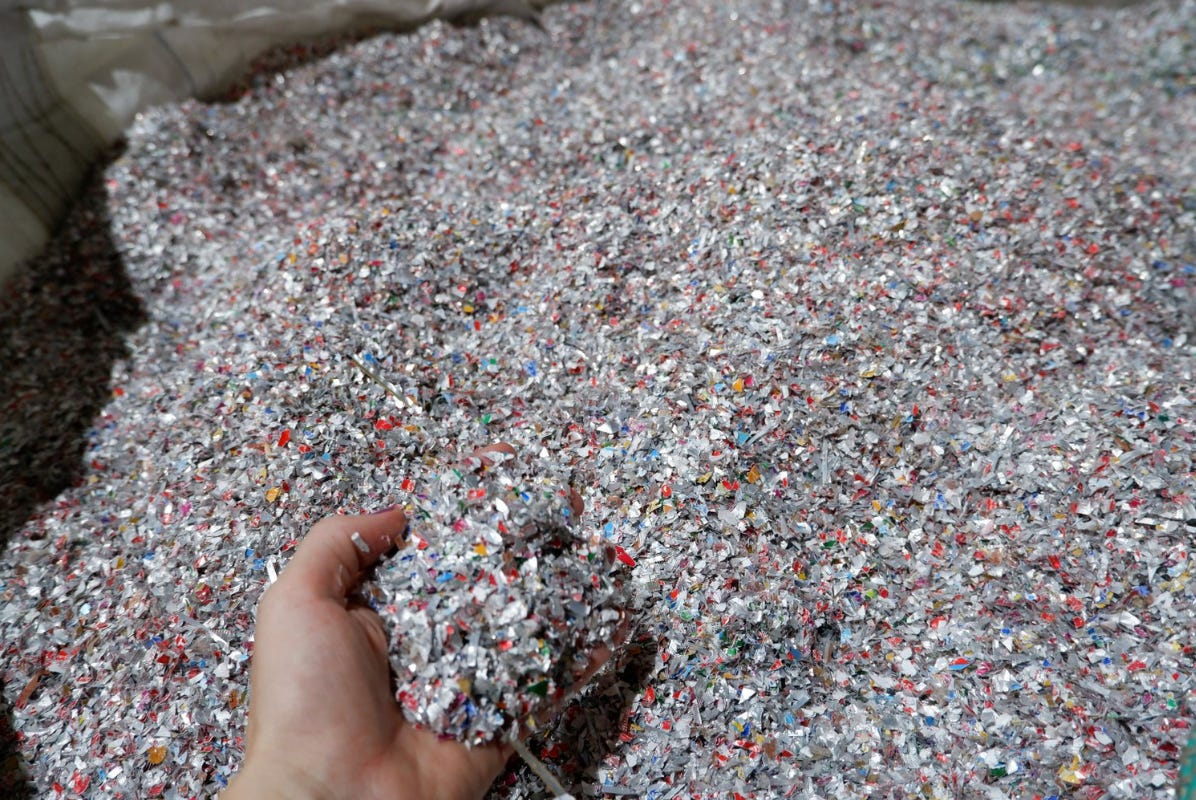In today's trash talk: 3 startups in Southeast Asia that reimagine waste
When 'out of sight' doesn't necessarily mean 'out of mind'
As diverse as Southeast Asia is, there are common themes and concerns that the region's citizens face. Confronted with storm after ruthless storm, environmental degradation driven by capitalism, worsening heat waves, and an onslaught of socio-economic and political issues on the news, its citizens can easily succumb to apathy and mindless consumerism to numb one’s feeling of helplessness.
However, when matters seem too overwhelming to digest and take action on, focusing on small deeds that positively impact the common good can create a ripple effect of meaningful change.
Apart from voting for the right leaders and allocating in-kind and monetary resources to environmental causes, another impactful deed is to support businesses with circular and sustainable initiatives. Given that waste is an inevitable part of our daily lives, giving power to businesses that care deeply about its waste production is a step forward in building a momentum of conscious consumerism.
Companies that refuse to be boxed into traditional business models (see: the take-make-waste approach) are on the rise. In Southeast Asia, circularity and conscious consumerism are movements that are picking up speed and changing how people consume and shop. Startups are mobilizing to ride these movements, with many reimagining how they design, package, and sell their products to minimize waste.
Read on to get inspired by how three startups in Southeast Asia below are reshaping their approach to waste.
BUYO (Vietnam) 🇻🇳

What’s the business about? BUYO produces sustainable, biodegradable packaging solutions made from agricultural waste, such as rice husks and corn starch, designed to replace single-use plastics.
How is it circular? By utilizing agricultural by-products as raw materials, BUYO contributes to reducing waste and promoting a circular approach to packaging. Unlike synthetic plastics that can take up to 500 years to break down, their packaging solutions biodegrade within a year.
How does it promote conscious consumerism? BUYO encourages businesses and consumers to shift away from single-use plastics by offering viable, eco-friendly alternatives.
Website: Buyo
The Plastic Flamingo (Philippines) 🇵🇭

What’s the business about? The Plastic Flamingo, also known as The Plaf, is a social enterprise that collects and recycles plastic waste to create eco-bricks and construction materials. It tackles plastic pollution, employs local communities, and offers sustainable construction materials that can be used to build new schools, housing, and shelters.
How is it circular? The Plaf closes the loop by transforming waste into valuable resources, benefiting both communities and the environment.
How does it promote conscious consumerism? The Plaf has reached over 10,000 individuals through webinars and events while amassing more than 70,000 followers on Facebook. This community engagement helps them educate society about the plastic recycling industry and other crucial environmental issues.
Website: The Plastic Flamingo
Waste4Change (Indonesia) 🇮🇩

What’s the business about? Waste4Change provides waste management solutions for companies and individuals alike. These solutions focus on reducing waste in landfills through proper sorting, recycling, and upcycling practices. They also offer waste audits and educational programs to businesses and communities.
How is it circular? By implementing comprehensive waste management strategies and promoting recycling, Waste4Change helps create a circular economy by diverting waste from landfills and ensuring materials are reused.
How does it promote conscious consumerism? By encouraging consumers and businesses to understand their waste impact and adopt responsible disposal and recycling practices, their educational initiatives empower communities to make mindful choices.
Website: Waste4Change
"When we throw anything away, it must go somewhere." — Annie Leonard
Remember: every conscious choice we make — from the products we buy to the businesses we support — helps push the needle toward a more responsible and mindful society.
SEArcularity invites you to be mindful of your waste, minimize your consumption, and support businesses and initiatives that make an effort to leave a positive impact on society and the environment.
💡 If you enjoyed this newsletter, check out these Top 12 circular economy startups to watch in Southeast Asia and why circularity is important for a region like Southeast Asia.
If you haven’t yet, join the circle by subscribing to our newsletter. Found this issue interesting? Help us widen our circle by sharing our newsletter with your social networks! Comments are appreciated and welcome.




